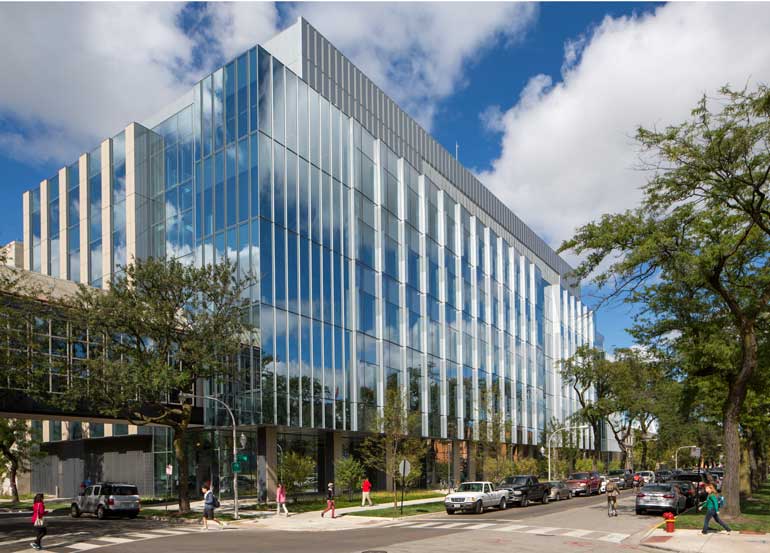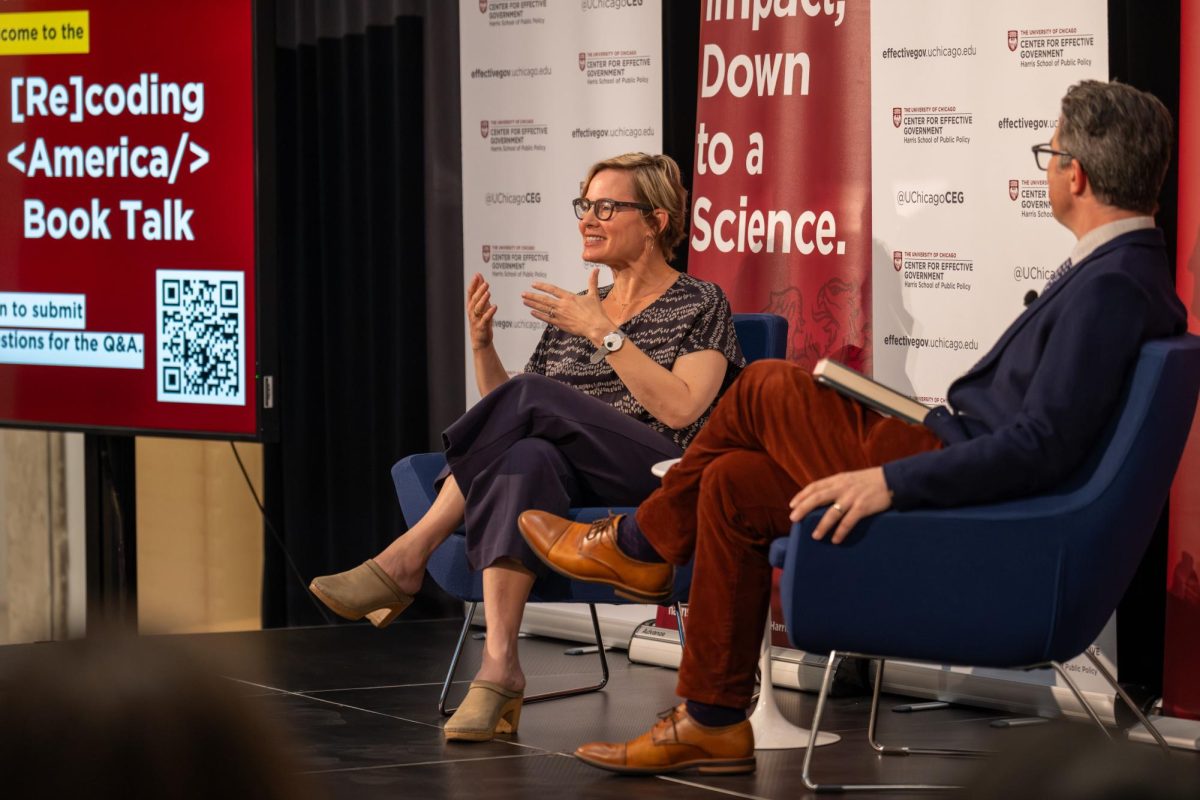April showers bring May flowers, just as May flowers mean June cash. With alumni weekend approaching, doctors, lawyers, and investment bankers are poised to pour money back into their alma mater. Since July 1999, the University has been undertaking its largest fundraising effort to date: a $2 billion drive known as the Chicago Initiative. Assisting President Don Randel at the helm of the initiative are students at the University.
The Chicago Initiative is the name on everybody’s tongues when they speak of fund-raising, of swank receptions for big donors, and of the polished groups of middle-aged men and women who descend onto campus once the gates are repainted. But there is another name that few people discuss: the Student Steering Committee (SSC), a group of undergrads and grad students who have independently come together in the hopes of opening their peers’ eyes to the importance of alumni donation.
“The basic idea is for students to communicate to other students about the importance of philanthropy for the educational experience they are receiving,” said Noel Salinger, associate vice president of development and alumni relations.
“About one third of student cost comes from alumni giving—not from tuition. The idea is to say we’re lucky to be here,” said Jason Blumberg, a second-year GSB student and co-chair of the SSC.
The Chicago Initiative may be the first drive of its kind at the University, but it is part of a greater trend in high-end academia that has been growing since the ’90s. According to Business Week, 22 of the nation’s elite universities are in fund-raising drives to collect at least $1 billion. The current campaign raised the money for Max Palevsky, Ratner, and the new Graduate School of Business—to say nothing of less visible benefits—$100 million in college scholarships, $190 million in graduate school fellowships, $50 million in community work. But at the heart of the effort may be the same thing which has been plaguing admissions officers, University presidents, and overwrought high-school seniors for the past decade or so—rankings.
Blumberg said that alumni giving improves rankings. “The U of C, overall, isn’t that good in alumni giving.”
Salinger underscores the same point. “When you look at the schools we’re most frequently compared to—Harvard, Yale, Stanford—you see they have a much larger endowment. They raise much more money.” The Harvard, Stanford, Yale triumvirate is invoked by many with a hand in fundraising. They have three of the biggest endowments and are consistently among the top fundraisers. They use this money to compete with the University for students, and more noticeably, for professors.
“We knew in the mid-1990s we needed to improve the physical plant of the University—we needed better research areas, new dorms, etc. Unless we invest in facilities, it’s hard to continue to attract faculty and students,” Salinger said.
With 22 of the country’s top universities pushing for alumni money, building up their campuses, and vying for the best control-to-yield ratios of incoming freshmen, each one has to work harder to come out on top—to produce the suitably happy and successful graduates who will ensure the institution’s continuing existence in the upper-strata. And this is where the six-year-old SSC enters the picture.
“For the University to continue to be strong as we move forward,” says Bill Michel, assistant vice president for student life and advisor to the SSC, “Students—both while they are students and when they become alumni—need to be involved as volunteers and as future donors.”
All around campus glossy posters have appeared, asking “Did You Know?” and revealing something the Initiative has raised money for—the Paris Center, new professorships, local public schools. It is the SSC that developed this campaign. Last year they camped outside of the Reynolds Club and ran a wheel of fortune where winners received ice cream and pencils stamped with Chicago Initiative.
“Our hope,” Michel said, “is that by doing this, in the future we’ll have even more alumni excited and participating.” Indeed, the very future of academia may rest on such a hope.









